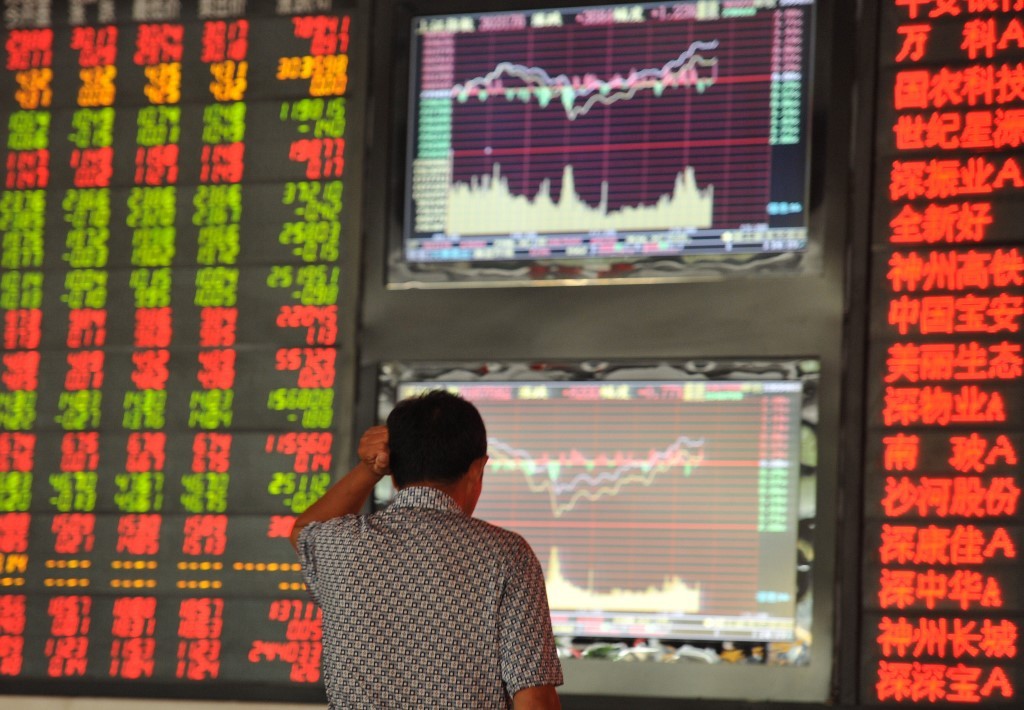Chinese Stocks Mixed on Disappointing Inflation Data
Despite strong stimulus signals from the government, the continued gains in Chinese stocks remain to be seen as inflation data disappointed.

Chinese stocks rebounded strongly on Monday after early volatility, despite mixed signals from the government on fiscal stimulus and disappointing inflation data. The overall market sentiment remains mixed, and it remains to be seen whether the subsequent gains can be sustained.
As of midday, the Shanghai Shenzhen 300 Index and the Shanghai Composite Index rose 1.5% and 1.7% respectively, despite large fluctuations in early trading. In contrast, the Hong Kong Hang Seng Index fell 0.3% due to the influence of overseas investors, but most of the earlier losses of more than 2% have been recovered.
Earlier, China's Ministry of Finance said in a briefing over the weekend that it would take fiscal stimulus measures, such as increasing debt issuance and supporting local governments. However, the government did not provide specific details about these plans, including the timing and scale of implementation. This disappointed investors, and a similar situation also occurred in monetary stimulus measures at the end of September.
ING analysts said in a report that while the official message remains optimistic, more details are expected to be announced in the coming weeks and months. They also noted that any budgetary measures in China may need the approval of the National People's Congress, which will convene later in October.
In early October, Chinese stocks climbed to a two-year high on expectations of stimulus policies. However, stocks subsequently fell sharply due to limited information provided by Beijing. Investors have questioned China's ability to launch further fiscal stimulus measures amid high debt levels.
MRB Partners pointed out in a recent report that the recent rise in Chinese stocks was mainly driven by local investors buying on dips, but they remain skeptical about Chinese stocks and said they will only adjust their investment positions when corporate performance improves.
In addition, China's economic data performance remains weak, exacerbating concerns about the economic outlook. China's consumer inflation rose less than expected in September, and the producer price index (PPI) has fallen for the 23rd consecutive month.
China is currently facing a long-term deflationary trend caused by low domestic consumption and a continued sluggish real estate market. Beijing's fiscal policy is expected to focus on these two challenges.
Disclaimer: The views in this article are from the original Creator and do not represent the views or position of Hawk Insight. The content of the article is for reference, communication and learning only, and does not constitute investment advice. If it involves copyright issues, please contact us for deletion.